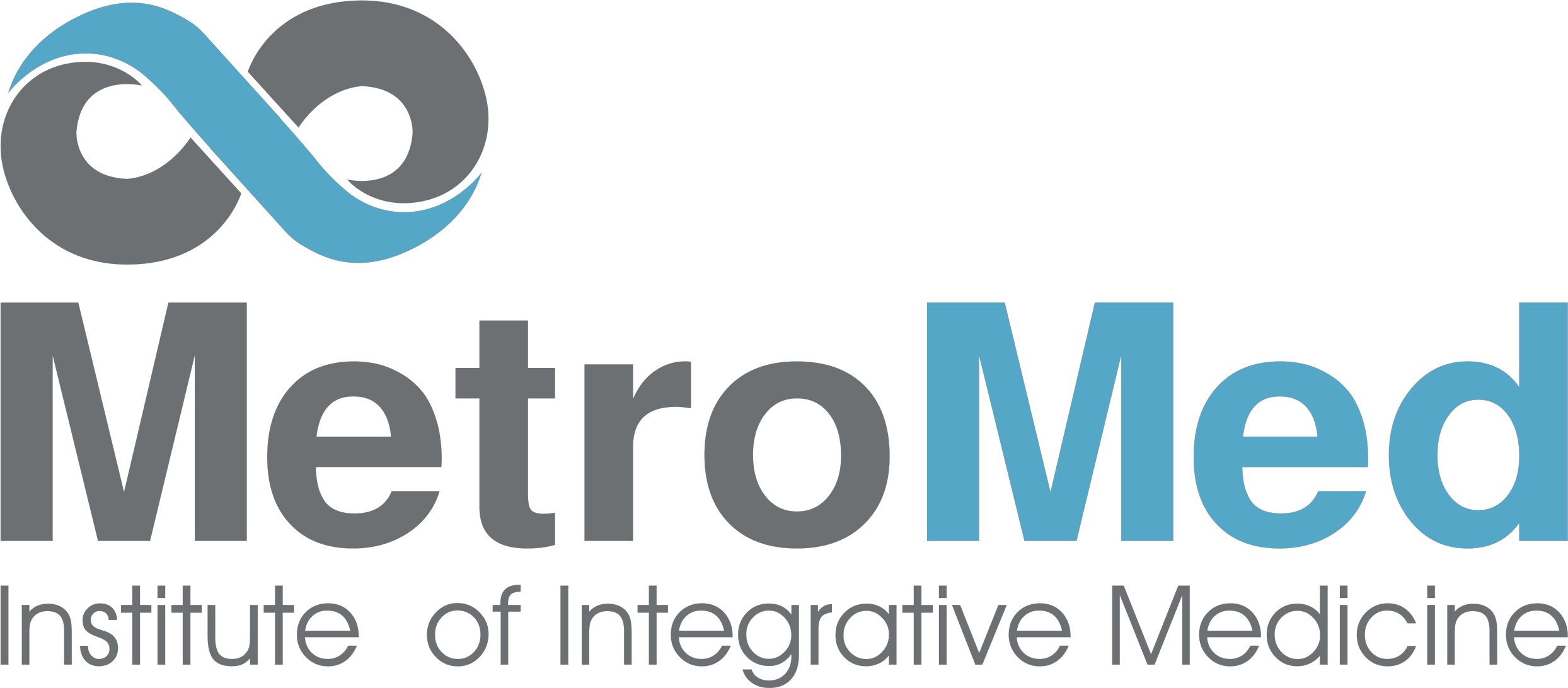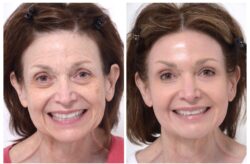The recurring refrain, “But we don’t know enough about HGH appears in even some of the best written articles on HGH designed to popularize a difficult and complicated subject.
The HGH Controversy Continues
Cecil Adams article Can Human Growth Hormone Slow Aging (July 9, 2004) is no exception. Written in a direct style with a familiar, inviting tone, the article lambasts correctly the HGH enhancers calling them crap and states bluntly that they simply do not work. This is followed with the citation of a 1990s study published in the New England Journal of Medicine that suggests that HGH is worth looking into as a possible tool in the struggle against aging and the co-morbidities associated with that process. Finally, Adams releases the old refrain “but we don’t know enough about HGH which suggests that everything previously said might as well be considered tentative and not applicable to a clinical use of HGH.
In response to this 2004 article, I underscore to our readers that much has changed over the past seven years. Since HGH was first synthesized through transgenic means in 1995, a revolution has occurred both in the realms of publication of clinical studies and in the application of this important hormone for the treatment of numerous recurring problems.
Since the 150 reports, articles and studies on HGH, in English dating from 2000 to 2004, over 2800 articles and studies have been published in English, French, German, Russian and Japanese on the subject. One can no longer claim with any validity that we do not know enough about HGH.
In fact, we know a great deal about HGH, including its chemical properties such as its molecular weight, how it must enter a cell through receptor sites along the cell membrane and the carrier proteins responsible for transmitting it to the mitochondria of the cell where much of the hormones work is realized.
With regard to HGH and cancer, we also know NOW in 2011 that the 22,000 dalton molecular weight of the HGH molecule makes it impossible to dock with cancer cells who have no active chemical receptors or specialized proteins to carry complex hormones to the nucleus. To date we know a great deal more that we did in 2004 or for that matter in 2010.
To update what Adams has said already, HGH is now widely being used by the Boomer Generation to keep Boomers active, sexually interested, maintaining their ideal body weights and enhancing performance in the leisure activities.
In addition to the over-sixty population, teenagers across the World are benefiting from the hormone’s ability to control height. For this reason, parents are also insisting upon HGH as a treatment for children who fall below the fiftieth percentile on the growth curve. The HGH therapy has been approved by the FDA as the recommended modality for correction of the “short child syndrome.
Why would we expose our children to any chemical that we thought might be deemed dangerous if it did not have redeeming value as a safe and sane therapy for correcting the defective growth patterns of children below the fiftieth percentile?
Much of the fear mongering regarding HGH, embodied in the phrase but we just don’t know enough about HGH, comes from unfamiliarity with HGH and the legion of studies in both English and foreign languages stemming from research with HGH over the past twenty years.
Much of this problem may be traced to the reality that we as a nation have little interest in learning foreign languages, much less reading scientific articles in them. The information of HGH is available and all we have to do is seek it out and start to read,. It’s all there whether the article is written in English or not.
Little factoids such as the molecular weight of HGH and the necessity for such a complex molecule to dock with receptor sites is a good example of how the use of HGH may be easily understood in the light of cancer cells exceptionally disfigured and dysfunction morphology.
The safety of the application of HGH, even in the presence of cancer, is implied in this information. This reality has now been confirmed in the preliminary results coming in from a half dozen studies from around the World.
Lastly, the cost of HGH is falling and essential hormone replacement therapy, of which HGH is the core, is now becoming accessible to larger numbers of patients of varying economic backgrounds.
Such an observation is the harbinger of the “democratization†of HGH and means that the establishment has already accepted it. When looked at anecdotally, one finds the various Surgeon Generals from President Bush 1 through the current President have consistently recommended HGH supplementation to their wards.
In addition, numerous heads of Government Agencies have become devotees of HGH and openly discuss their individualized dosing of the HGH hormone whether at the seaside resorts or on the slopes of Aspen Mountain.
HGH is safe and useful. It is, in fact, here to stay. When someone in a position of authority says to you, but we just don’t know enough about HGH. Substitute the phrase, but I DO NOT KNOW ENOUGH ABOUT IT in its place and you will begin to understand what these uninformed authorities are saying.
Copyright © 2011, Alex Martin MD, Los Angeles
p.s. This post is intended to be an update to the outdated information about HGH that was current in 2004. I want to thank Cecil Adams for the original article and helping to keep the public informed of the developments in this important science.
The original article referred to from The Straight Dope (July 9, 2004) by Cecil Adams, is reprinted below:
CAN HUMAN GROWTH HORMONE SLOW AGING?
July 9, 2004
Dear Cecil:
What is the story with human growth hormone (HGH)? I know that the actual hormone can be injected (at great expense), and some of the Hollywood crowd supposedly use this to stay young. However, a lot of companies are marketing “HGH enhancers,” which are not HGH but supplements that are supposed to stimulate the body to produce HGH in greater quantities. The enhancers are much less expensive than actual HGH and supposedly almost as effective in raising your HGH level. So, does HGH really restore your youth? Do these HGH enhancers work? Or is it all placebo effect?
Richard Nash, via e-mail
Chances are you’re going to be hearing a lot about HGH in the next few years. Consider the following facts: (1) The most promising test done on HGH so far involved men age 60 and up. (2) The leading edge of the baby-boom generation is now 58. If you’re, say, Bill Clinton, born in 1946, you’re looking in the mirror and thinking: You know, for an old fart, I don’t look bad. How long can I hold off the inevitable? (3) Most of the crap you see touting HGH and so-called HGH enhancers is, in fact, crap. (4) However, some of it’s not.
Here’s the story so far. HGH is a chemical produced by the body that’s essential to normal growth in children, and scientists have now come to realize it’s important in adults, too. In many but not all elderly people, HGH levels drop well below those of adults in their prime, and some researchers think this leads to loss of lean body mass, increased body fat, and other hallmarks of aging. Before the mid-80s the sole source of HGH was the pituitary glands of cadavers, but gene-splicing technology has made it possible to produce synthetic HGH in quantity, though still at a stiff (sorry) price. To date the stuff has mostly been given to people with gland problems, e.g., kids who would otherwise be abnormally small. In 1990, however, the New England Journal of Medicine published a study by D. Rudman et al suggesting that giving synthetic HGH to healthy males over 60 with reduced levels of natural HGH significantly slowed aging. The Rudman group injected 12 men ages 61 to 81 with HGH three times a week. After six months they found that the men averaged 9 percent more lean body mass, 14 percent less body fat, 7 percent greater skin thickness, and a 2 percent increase in lumbar vertebra density. Meanwhile a control group showed no change.
In an accompanying editorial, the NEJM said in essence: This is pretty cool (the sober world of medical research being what it is, the actual phrase was “an important beginning”. But we don’t know enough about possible long-term effects of supplemental HGH, and much of what we do know isn’t good – serious drawbacks include increased risk of diabetes, arthritis, and congestive heart failure. So don’t go running out to Rexall just yet.
Internet hucksters paid no attention. Some spammed the world about dietary supplements that supposedly increase the body’s production of HGH; meanwhile, several Web sites hawked oral or inhaled versions of HGH. Many cited the Rudman study as support for their claims. The NEJM got fed up and published more articles saying: we’ve never endorsed the use of HGH to combat aging, we’ve seen no proof that so-called enhancers have therapeutic value, oral and inhaled HGH probably won’t work for technical reasons, and dietary supplements aren’t regulated by the FDA. All of the articles, including the Rudman study, are available on the NEJM Web site at no charge.
Hype notwithstanding, the role of HGH in aging remains a subject of intense scientific interest. A quick search of PubMed, an online medical journal index provided by the National Library of Medicine, shows roughly 150 reports on HGH and aging since the beginning of 2000. Data points pro and con:
-
- Multiple follow-up studies have confirmed the Rudman findings, although the ones I’ve seen were short-term and involved relatively few subjects. On the other hand, the impact of HGH on mental function – which many think is the key to long life – remains unclear.
-
- In one study, 18 men aged 65 to 82 underwent progressive strength training followed by more training plus HGH or placebo. The initial training significantly increased muscle strength, but HGH produced no additional benefit.
-
- Elevated levels of HGH derivative in the blood may increase the risk of cancer; reduced levels are associated with heart attack and atherosclerosis.
You’re thinking: I’m getting mixed signals here. Exactly – we still don’t know enough about HGH to proclaim it an elixir of youth. Luckily, other promising methods for cheating the reaper are available now and don’t require expensive chemicals – exercise, for instance, or sharply reducing calorie intake. But the average American is likely to say, I think I’ll wait for HGH.
Cecil Adams


